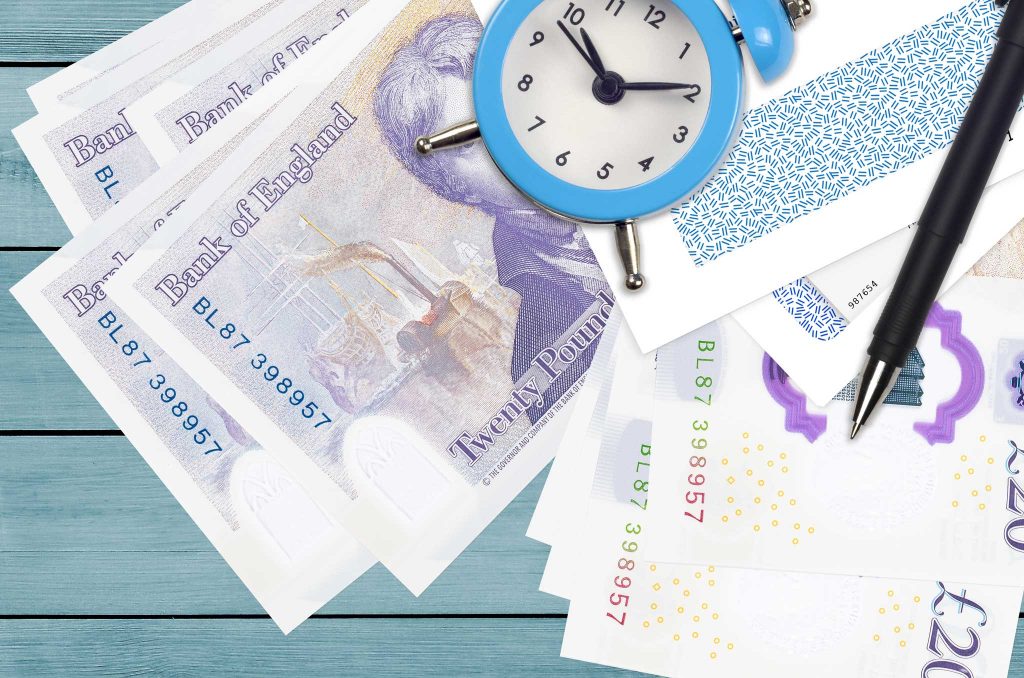Rishi Sunak, the Chancellor of the Exchequer, announced his eagerly awaited third budget on 27 October 2021, alongside the first Public Spending Review in 6 years and the latest Economic & Fiscal Outlook report from the Office for Budgetary Responsibility.
Following on from his previous two budgets that were dominated by the pandemic and the havoc that it had wreaked on public spending, this budget was designed to prepare the UK for an “age of optimism”. This was of course caveated to accommodate the looming backdrop of unprecedented public debt and increases in the cost of living. So don’t step too lightly just yet.
Some of the heavy-weight tax reforms that have been sat on Rishi’s shelf for a while, including capital gains and inheritance tax, continued to gather dust. That said, despite much of the budget being leaked last week, there was still the odd curve ball to get our teeth into.
Highlights:
- No changes to income tax rates and personal allowance frozen
- £1m Annual Investment Allowanced (AIA) extended until 31 March 2023
- Basis period reform for the self-employed
- National Living Wage and National Minimum Wage to rise
- CGT return and payment window for sales of UK residential property extended to 60 days
- Alcohol duty restructured to increase in-line with strength
- Businesses to benefit from rates reforms
- R&D tax credit regime to capture more spending
- Fuel duty frozen for 2022/23, reversing previously announced rise
So let’s get stuck in…
No changes to income tax rates and personal allowance frozen
The basic and higher rate of income tax remain at 20% and 40% respectively, and the 45% additional rate continues to apply to income over £150,000. As announced in the delayed March 2021 Budget, the personal allowance and higher rate threshold have been frozen at £12,570 and £50,270 until 2025/26.
Borris had of course announced on 7 September 2021 that from 6 April 2022, tax on dividend will rise by 1.25%, mirrors the increase in National Insurance payable by both the employed and self employed. The first £2,000 of dividend income continues to be tax-free.
£1m Annual Investment Allowanced (AIA) extended until 31 March 2023
The temporary £1 million level of the Annual Investment Allowance (AIA) will be extended to 31 March 2023. This was scheduled to cease on 31 December 2021, with the level due to revert to £200k.
Basis period reform for the self-employed
Income tax basis periods will be reformed so that a business’s profit or loss for a tax year will be the profit or loss arising in the tax year itself, regardless of the business’s accounting date. This removes the current basis period rules, which result in tax being charged on profits twice in some circumstances, as well as the need for overlap relief. This is a simplification measure, however it will result in transitional implications. The new rules will come into force from 6 April 2024 with a transition period in 2023/24.
National Living Wage and National Minimum Wage to rise
Among the announcements leaked before Budget Day was an increase in the hourly rate for the National Living Wage (NLW) and National Minimum Wage (NMW). The NLW applies to employees aged 23 and over, with the NMW applying to those below 23 years in age. The NLW is set to increase from £8.91 to £9.50 come April 2022, a jump of 6.6% to be borne by employers. In line with recommendations from the Independent Low Pay Commission, the NMW will also increase, with 21 and 22 years olds seeing the biggest jump, climbing from £8.36 to £9.18 come April 2022.
CGT return and payment window for sales of UK residential property extended to 60 days
This is a much-needed change that takes effect immediately. Previously, the window was just 30 days, which was a tight timeline by anyone’s standards.
From 27 October 2021, the deadline to report and pay CGT after selling UK residential property has increased from 30 to 60 days after completion date. The same extended deadline applies to non-UK residents, who need to submit a return regardless of whether there is any CGT to pay.
Alcohol duty restructured to increase in-line with strength
The government has plans to restructure alcohol duty such that drinks are taxed in direct proportion to their alcohol content. To simplify the regime, the current 15 thresholds will be reduced to 6, with the highest category reserved for beverages exceeding 8.5% ABV.
There is however an intention to introduce a common small producers relief, to reduce the tax burden on smaller producers of wine, cider and spirits below 8.5% ABV.
A consultation is being published by the government which details these reforms, and this will close on 30 January 2022.
Businesses to benefit from rates reforms
This announcement constituted the final report on the government’s review of the business rates system, which commenced in 2020. The government’s commitments following this review included:
- Supporting high streets in the wake of the pandemic through the introduction of a new temporary business rates relief in England for eligible retail, hospitality and leisure properties for 2022/23. Over 90% of retail, hospitality and leisure businesses will receive at least 50% off their business rates bills in 2022/23.
- Business rates multipliers will be frozen for a second year, from 1 April 2022 until 31 March 2023.
- From 2023, a 100% improvement relief for business rates will provide 12 months’ relief from higher bills for occupiers where eligible improvements to an existing property increase the rateable value. This will be reviewed in 2028.
- From 2023 there will be certain business rate exemptions for eligible plant and machinery used in onsite renewable energy generation and storage. There will also be a 100% relief for eligible heat networks to support the decarbonisation of non-domestic buildings. This will continue until 2035.
- Business rates revaluations to increase in frequency, taking place every three years from 2023 instead of every five.
- Transitional relief for small and medium-sized businesses and the supporting small business scheme will be extended for one year. This restricts increases in rates bills for properties with a rateable value of up to £100,000.
R&D tax credit regime to capture more spending
R&D tax relief will be reformed from April 2023. This is to better support modern research methods by expanding qualifying expenditure to include data and cloud costs, and to focus tax relief on innovation carried out in the UK. HMRC will however continue to target abuse of this generous tax relief and improve compliance, so we can expect more enquiries into this area.
Fuel duty frozen for 2022/23, reversing previously announced rise
Fuel duty will be held at 57.95p per litre for one year, reversing the planned 2.8p per litre increase which will cost the Treasury £1.5 billion. According to the Government, the continued fuel duty freeze has saved the average UK car driver a cumulative £1,900.




